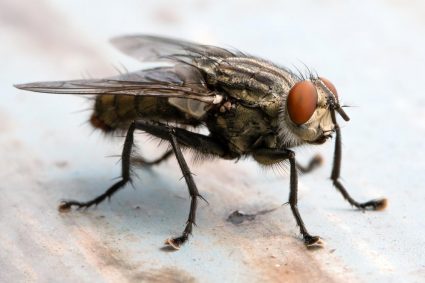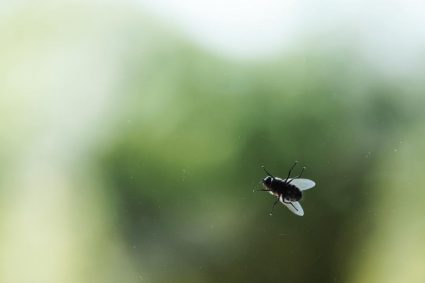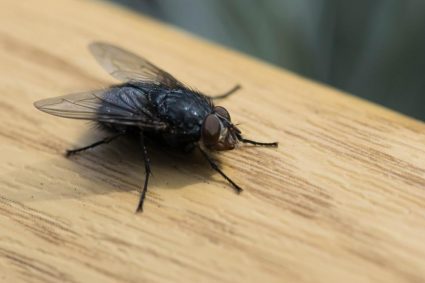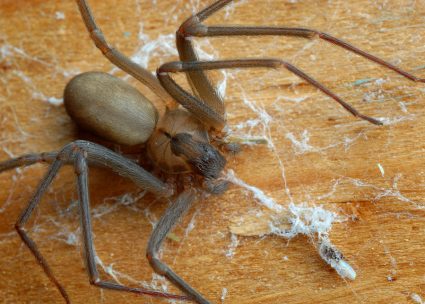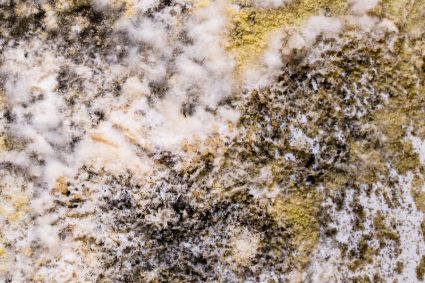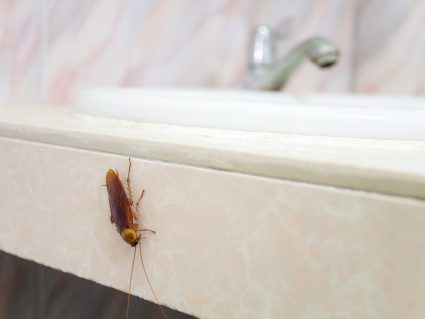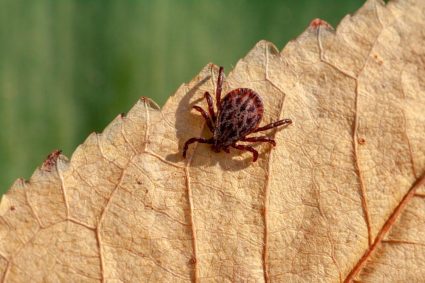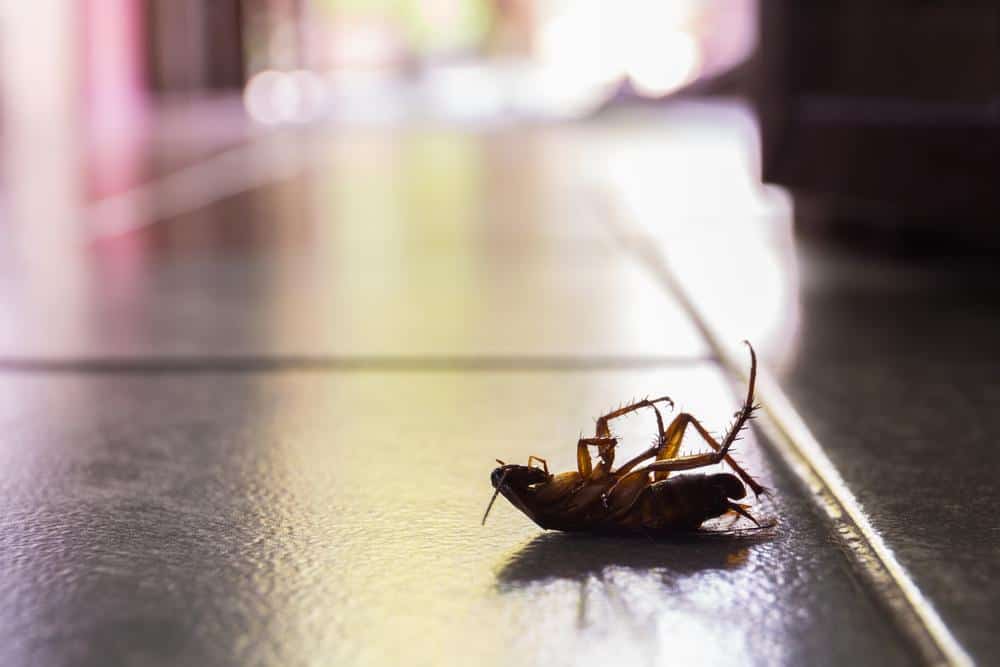
Cockroaches are not only a nuisance but also a health hazard, triggering allergies, and spreading disease-causing bacteria. They are notoriously difficult to eradicate due to their adaptability and rapid reproduction. However, with the right pesticide, you can effectively eliminate these pests from your home. In this article, we delve into the various pesticides that kill roaches, how they work, their impact on the environment, and safety measures to observe when using them.
The most effective pesticides that kill roaches include Terro T500 Multi-Surface Roach Baits, Combat Max Roach Killing Gel, Advion Cockroach Gel Bait, Bengal Roach Spray, Boric Acid Powder, and Harris Roach Tablets. These pesticides work by targeting the roaches’ nervous system, leading to paralysis and death. However, it’s crucial to follow safety measures and consider the environmental impact when using these products.
Effective Pesticides for Roach Extermination
There are several pesticides available that effectively kill roaches, and they come in various forms such as gels, powders, and bait stations. Here are some of the top recommended products:
- Terro T500 Multi-Surface Roach Baits: These baits combine a mixture of food with a small amount of poison (Abamectin) to attract and kill roaches.
- Combat Max Roach Killing Gel: This gel is another good option for killing roaches.
- Advion Cockroach Gel Bait: This commercial-grade roach killer is highly recommended for its effectiveness.
- Bengal Roach Spray: This odorless, stain-free dry spray is praised for its effectiveness in killing roaches without direct spraying.
- Boric Acid Powder: Boric acid is a popular and effective roach killer that is also safe for pets.
- Harris Roach Tablets: These tablets contain boric acid and are effective in killing roaches.
How Pesticides Kill Roaches
Cockroach pesticides work by targeting the insects’ nervous systems, leading to paralysis and death. Most cockroach pesticides contain active ingredients such as boric acid, abamectin, or fipronil, which are organic compounds that affect the nervous system of the roaches. When cockroaches come into contact with the pesticide, they absorb it through their skin or ingest it, leading to their demise.
Impact of Pesticides on the Environment
While pesticides are effective in killing roaches, they can have various negative effects on the environment and non-target species. These impacts include soil and water contamination, harm to non-target organisms, a decline in beneficial species, and bioaccumulation and biomagnification. To mitigate these negative impacts, it’s essential to follow proper pesticide application guidelines, use eco-friendly alternatives, and adopt integrated pest management strategies.
Safety Measures When Using Pesticides
To ensure safety while using pesticides, always read the label and follow the instructions, including all precautions and restrictions. Wear protective measures as directed by the label, such as gloves and long-sleeved shirts. Store pesticides out of reach of children and pets, and dispose of excess pesticide and empty containers in a safe and legal way.
Alternative Pest Control Methods
There are several natural alternatives for roach control that are less harmful to the environment. These include diatomaceous earth, baking soda and sugar mixture, boric acid, neem oil or powder, essential oils, soapy water, and catnip. While these natural alternatives may help reduce roach activity, they may not completely eliminate an infestation.
Preventative Measures to Avoid Roach Infestation
Maintaining cleanliness, storing food properly, eliminating water sources, sealing cracks and crevices, reducing clutter, regular vacuuming, and maintaining outdoor cleanliness can all make your home less attractive to roaches and reduce the chances of an infestation.
In conclusion, while roaches are a common household pest, there are effective ways to eliminate them. Whether you choose traditional pesticides, natural alternatives, or preventative measures, the key is to be consistent and thorough in your approach. With the right information and tools, you can effectively rid your home of these unwelcome guests.
Frequently Asked Questions
How do I properly apply roach pesticides?
The proper application of roach pesticides depends on the type of product you’re using. For gels and baits, apply them in areas where you’ve noticed roach activity. For sprays, apply them in cracks and crevices where roaches hide. Always follow the manufacturer’s instructions for best results.
Can I use multiple pesticides at once?
It’s not recommended to use multiple pesticides at once as they can interfere with each other’s effectiveness. Instead, use one product as directed, and if it doesn’t work, try another.
How long does it take for pesticides to kill roaches?
The time it takes for pesticides to kill roaches can vary, but typically, you should see a reduction in roach activity within a week. For larger infestations, it may take several weeks to fully eliminate the roaches.
Are there any side effects to humans and pets from using roach pesticides?
Yes, exposure to roach pesticides can cause health problems in humans and pets, including skin and eye irritation, respiratory issues, and, in severe cases, neurological and kidney damage. Always use pesticides as directed and take steps to minimize exposure.
What should I do if I still see roaches after using a pesticide?
If you still see roaches after using a pesticide, it’s possible that the product isn’t effective against the species of roach you’re dealing with, or that the roaches have developed resistance to the pesticide. In this case, you may need to try a different product or consider hiring a professional exterminator.

